Table of Contents
A brokerage account is essential to start investing in the stock market. From its establishment, all the fun of the stock market begins. It is useful to know how to set it up, but also how to choose the right brokerage house. For beginners, it will also be useful to know about brokers that offer investment platforms. With their help you can make investment transactions.
Brokerage account – what exactly is it?
A brokerage account can be opened by any person who is interested in investing in the stock market. It can be an individual or a legal entity. An individual customer must be at least 18 years old and have a valid identity document. When opening a brokerage account, one must also have a bank account from which the investor will transfer money. It is also important to remember that the use of a brokerage account is associated with fees. Choosing the wrong brokerage house or office, on the other hand, can contribute to failure and a sizable loss of funds. The right brokerage account should be tailored to the investor’s requirements and current situation.
There are many brokerage accounts available on the market, so it is very easy to get lost in the maze of offers. In particular, brokerage accounts differ from each other in the amount of account fees and additional services that are related to the investor’s activity on the stock market. Another difference is the investment platforms on which investors place orders to buy and sell shares. A brokerage account can be opened with any broker on the market.
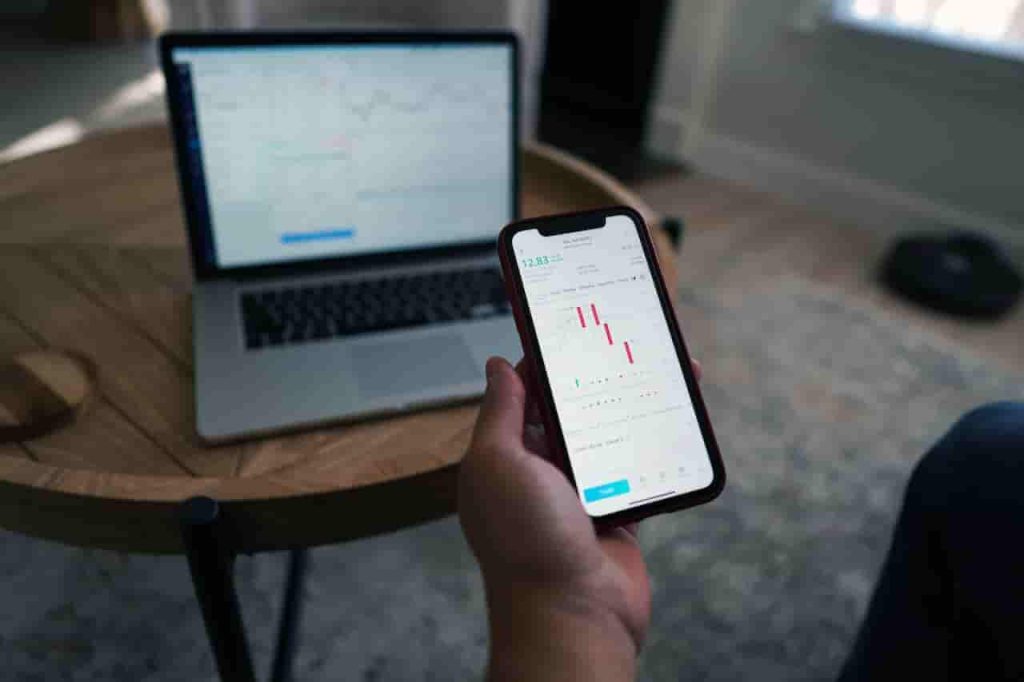
How to set up a brokerage account?
To start investing in the stock market, you need a brokerage account. Many popular banks offer the option of opening a brokerage account either at a bank branch or online. The easiest way to open a brokerage account is at a bank where you have a personal or business bank account. Then the whole process is very simple. However, before using such a solution, the prospective investor should make sure that all the terms and conditions of its operation will suit him.
To open a brokerage account, an individual investor must meet several conditions:
- Have the status of an individual or right,
- Be at least 18 years of age,
- Have a valid proof of identity.
Before signing a contract for an account, the client has to spell out the EU MIFID form, which verifies the level of knowledge, related to investing. Based on it, the brokerage’s staff determines the category of financial instruments that will be adapted to his level of knowledge and accepted risk.
A brokerage account can be opened by any person, regardless of how much he or she intends to allocate to investing in the stock market. At first, it is best to start with small amounts and increase your investment portfolio over time (read also: How much you can make in the stock market).
However, it is worth knowing that if the amounts are too small, all the profit may be taken by commissions on the transactions made, which will mean losses. That’s why some brokerage firms require transferring a minimum amount from which a brokerage account can be maintained.
It is also important that no matter where an investor sets up an account, he can automatically set aside a certain portion of the profits earned each month. From such funds, the investor can pay the commission, as well as other fees that are associated with owning and using a brokerage account, so that he will not feel these costs too much.
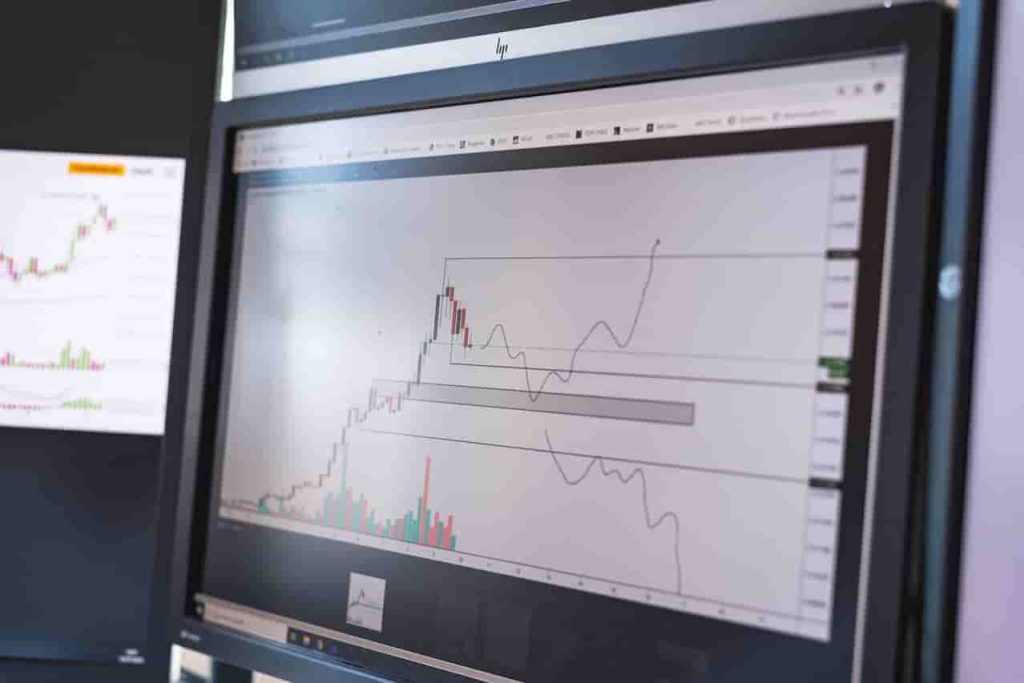
The most important costs of maintaining a brokerage account and investing
The use of a brokerage account is associated with the payment of various fees. These include in particular:
- The account maintenance fee,
- Commission on transactions made,
- Additional fees.
The amount of the commission on transactions made depends on specific bureaus or brokerages. Usually it ranges from 0.13 to 0.39% of the value of a given transaction, although the commission may be higher if the investor executes the operation order over the phone or in person.
In turn, the fee for maintaining a brokerage account is usually an expense of $50-80 per year. However, more and more brokerages are offering free account maintenance to attract customers.
Other fees that await investors include a fee for transfers from the account or access to the stock exchange order book. Before an investor decides on a particular brokerage account, he should analyze the offerings of at least a few in terms of costs. Attention should be paid in particular to the issue of less obvious fees, which in some cases can be really high.
What can be invested in with the help of a brokerage account?
Once you have selected and established an account, it is time to start investing. What financial instruments and securities can an investor trade, thanks to a brokerage account?
The most popular in the stock market are stocks. The cheaper an investor buys them and then sells them at a higher price, the more he will manage to earn. In addition, the player can count on the payment of dividends – a portion of the profit of a certain company in a given year.
In addition to stocks, bonds can be bought or sold through a brokerage account. These are a type of debt securities that are issued by the Treasury, companies or local governments. They are long-term in nature, and may be redeemed in a few or even several decades. After that time, the investor can count on the return of funds plus (though not always) interest.
A brokerage account can also be used to purchase investment certificates – securities that certify the purchase of shares in an investment fund. A brokerage account is also used to purchase options. This is a type of contract through which an investor obtains the right to either buy or sell a specific underlying instrument at a given date and price.
Futures contracts are another instrument that awaits investors. However, they are aimed at those who are willing to take risks and have experience in investing. Futures contracts allow you to make financial bets that involve the prices of individual companies.
Which brokerage account should I choose?
The primary consideration when choosing a brokerage account, is, of course, security. For this reason, the first thing to do is to check the institution with which the person concerned intends to start working. She should check the list of entities that are authorized to operate on the Polish market as brokerage houses. It can be found on the website of the Financial Supervision Commission.
It is worth knowing that each brokerage house must be a member of the compensation system, which is run by the National Securities Depository. In the event of the insolvency of a particular brokerage house, the NDS, up to the amount set by law, ensures the payment of money and compensation for the value of lost financial instruments.
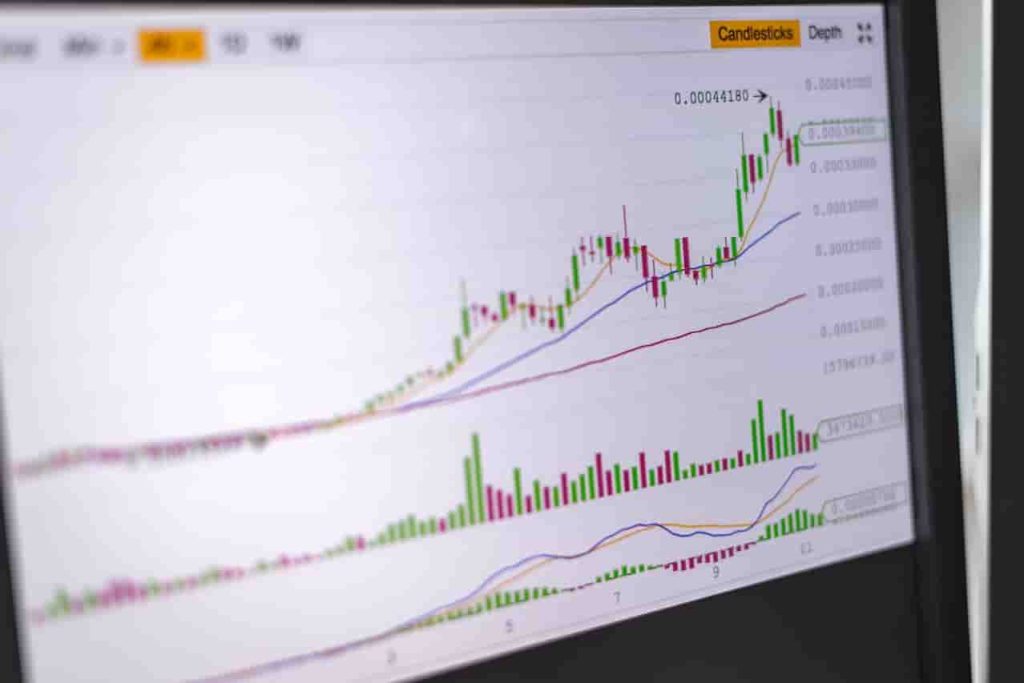
Equally important are the preferences of the individual investor, and how he plays the stock market. Those who intend to invest in a long-term manner will pay more attention to the absence of fees for basic activities, such as account maintenance. On the other hand, investors who actively trade funds will pay particular attention to low commissions, such as on stock trading.
Therefore, when choosing a brokerage account, an investor should pay attention to the fees that will be charged to him most often, i.e. for account maintenance – how much they are, whether there are fees for transferring funds to a personal account, and what commission the brokerage office charges on transactions, etc.
When choosing a brokerage account, you should also consider the availability and number of customer service points, but also additional services, such as the ability to invest in the stock market in funds or to open an account. For experienced investors, access to foreign markets may also be important.
For novice investors, on the other hand, it will be useful to have access to analysis and recommendations, as well as the possibility of substantive support (I mean consultation with an investment advisor).
In the case of brokerage accounts, a convenient solution will be the possibility of using a mobile application. It allows constant control and insight into the investment portfolio, as well as quotations. This will make it faster and easier for the investor to make investment decisions.
To best choose a brokerage account, it is worth comparing several that meet the investor’s requirements, and then compare them, for example, in terms of functionality and cost.
Foreign brokerage account
Increasingly popular with investors is the possibility of investing capital in foreign markets, particularly the US. Investors are looking for additional rates of return and often diversify their portfolios by including instruments that are listed outside their country.
Investors who are interested in foreign stocks, however, face higher commissions. The lowest percentage fees are 0.12% of the transaction value. Stocks from New York, London or Switzerland are most often on offer.

What will be the best brokerage account as a first?
The first stock market account, in particular, should be cheap. When a client starts his adventure with investing, he usually allocates an insignificant amount of money. Therefore, if the account fees and commissions are not too high, the share of fixed costs in the investment capital will be small. This is the best scenario for any person who opens his first brokerage account. In addition to this, it is advisable to choose an account that is easy to use, and that can be managed over the Internet and from various devices, including while abroad.
The educational dimension of a brokerage account
Establishing a brokerage account is not only related to the ability to transact in financial instruments. It is also a good opportunity to gain knowledge about investing in the stock market, which is very important, especially when the client is a novice investor and this is his first investment account. A multitude of brokerage accounts are equipped with a variety of tools through which one can learn a lot. These include a market news section, analysis and financial reports, webinars with market experts.
What is an investment platform?
In the financial markets, you hear a lot about investment platforms. As you know, every investor wants to have the right tool to use for trading. With an investment platform, he has the opportunity to trade in financial markets from all over the world. Moreover, he can do it in different time zones – 24 hours a day, 5 days a week. And in the case of instruments that are based on cryptocurrencies, even 7 days a week. Online trading can’t do without a good investment platform.
An investment platform is the main tool without which you can’t trade on financial markets. It is needed by every investor, regardless of the level of knowledge or experience. It allows a trader to place orders, make trades, analyze charts, test his strategies and manage his investment portfolio.
An investment platform is also called a trading, trading or trading platform. In practice, it is software for either a computer or mobile device, which is provided by brokers. The purpose of a trading platform is to connect the investor to the market and allow him to trade on various financial instruments. Brokers very often use the same trading platforms, such as MetaTrader 4, which is known and appreciated by many users.
Why is choosing the right investment platform so important?
A properly selected and tailored investment platform can help an investor succeed. When everything works without hindrances, work is also much easier. For this reason, it is important that the trading platform is easy to use, fast, reliable and allows access to multiple markets and financial instruments. It should also provide a range of advanced tools and indicators, access to education, and the latest news from the financial world.
Besides, users pay attention to costs, so they look for platforms with low or zero set-up and account fees, as well as low spreads. Many people also care about being able to test and learn about the platform, which a demo account makes possible.

The most important criteria for choosing the best civic platform are:
- advanced tools and indicators,
- fast and reliable execution of orders,
- access to key and latest information,
- easy operation,
- intuitive interface,
- access to a wide variety of financial instruments and markets,
- low costs,
- access to education,
- functionality,
- demo account version,
- access on mobile devices.
Stock market simulator – what is it and what is it used for?
A stock market simulator is an ideal way to test yourself in the world of finance, without the risk of losing real money. One of the biggest advantages of a stock market simulator is that the user can track his progress, as well as the trend of gains and losses of stocks that interest the player.
The stock market simulator allows you to select securities, make transactions and track the results. The stock market game tries to reflect as realistically as possible the entire procedure of investing in the stock market, matching real and current circumstances.
Stock market simulators can be divided into two basic categories:
- Stock market games, which allow competition between people known to each other or strangers to choose the best performing stocks within a managed portfolio. In this case, the emphasis is less on trading and more on investing buy and hold throughout the game. The more shares a player buys, the better his or her ranking in the game,
- Virtual trading, in which one monitors the market situation all the time and actively buys and sells stocks for virtual profit. Such simulators usually use the real investment platform of a specific broker and allow the user to use a variety of tools that are available to those who allocate real money to invest in the stock market. Virtual trading is largely used as a way to practice real stock trading and to test the platform.
Why use stock market simulators?
Here are some advantages of using virtual stock market simulators:
- You can safely learn the rules of the stock market function and learn how to invest, without having to deposit and risk losing your own money. It’s the best place to test new strategies and make mistakes from which you can later learn (read more: How to invest in the stock market),
- It’s also a good place to gain knowledge about investing in the stock market. Many simulators have educational zones from which you can learn a lot of useful information,
- The stock market simulator will show the user the importance of cool calculation and keeping emotions in check, and this is one of the key principles of successful investment in the stock market. Decisions made under the influence of emotion, are usually not favorable and can result in large losses in the investment portfolio. It is worth training yourself to make decisions without undue excitement.

Investing in the stock market for beginners – what is worth knowing?
Where should a beginner investor start? Managing an investment portfolio can be an important part of financial planning, so before you start investing, it’s worth knowing a few important things.
Which stock exchange should you start with?
There are many stock exchanges in the world, the most popular being the London Stock Exchange in the UK, the New York Stock Exchange in the US and the Warsaw Stock Exchange, or WSE. Beginning investors should start with their home stock exchange. It will be easier for them to learn the rules of the stock market.
How to choose a broker?
Exchanges work only with licensed and professional entities, each player needs a service provider in the form of a broker to manage orders on his behalf. There are two main types of brokers:
- those offering a full range of services – full service,
- operating on an execiution only basis.
A broker that operates on a full-service basis not only carries out the investor’s transactions, but additionally offers various services, such as investment and tax advice or the preparation of an asset statement. The fees that such a broker charges are much higher than for brokers operating on an execiution only basis.
If an investor wants to reduce the costs associated with investing in the stock market and prefers to manage his own investments himself, he should choose a broker that offers an execiution only solution. Such a provider does not offer any services in addition to executing orders. Such brokers are required to maintain an independent position and cannot advise their clients on portfolio management.
Fees for investing in the stock market
The offerings of most service providers are very similar to each other. However, the biggest differences come from the fees imposed on clients. After all, fees have a big impact on the investor’s profits, so pay special attention to them when choosing the best broker. Every novice investor wants to minimize costs as much as possible.
Choosing a strategy
A beginner should consider what his goal is. Is she building an investment portfolio for the purpose of making extra money? Or perhaps he wants to support his savings by investing in the stock market in passive financial instruments. A player can achieve this by investing in such a financial product that will “work for itself.” A good example is an ETF fund. Even if an investor creates his account only for education, he should choose a trading platform that suits the needs of his strategy.
Another important aspect is the time frame. If a player is considering his own investment portfolio as a long-term investment, he doesn’t need to follow current down markets or get too excited when trends rise. Investments are not stable, and any changes in the short term should not be aversive to novice investors. One should always react appropriately to the situation, protect one’s assets and not act on emotion when the slightest market decline occurs.
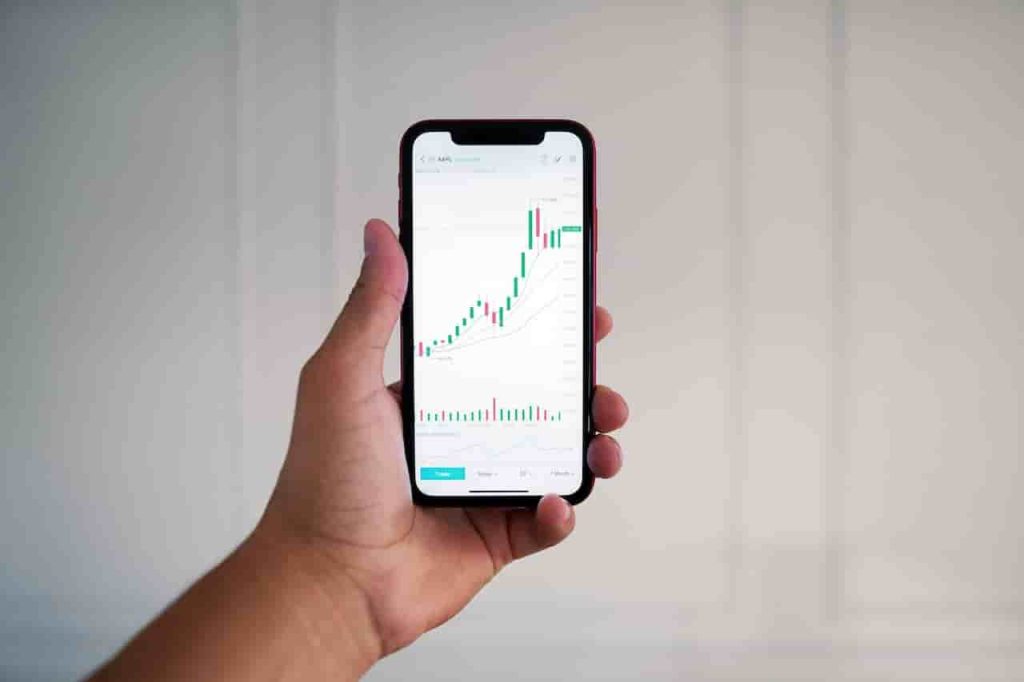
Diversification for beginners
One of the most common mistakes made by people starting to invest in the stock market, is the lack of adequate diversification of investments. Holding an investment portfolio that consists of one or two positions can mean that a drop in the price of an asset will result in a sizable loss. This is why proper diversification of the portfolio is so important – in a situation of declines, the portfolio will be protected.
Read also: Safe investment in the stock market
Diversification is possible by investing in the stock market in diversified assets, such as ETFs. These are funds that mimic the behavior of indices, such as the FTSE 100. Similarly, other ETFs for gold, currency or oil can help expand the portfolio with further products, not just popular stocks. ETFs are a low-cost product that allows investors to broadly diversify their investment portfolio.
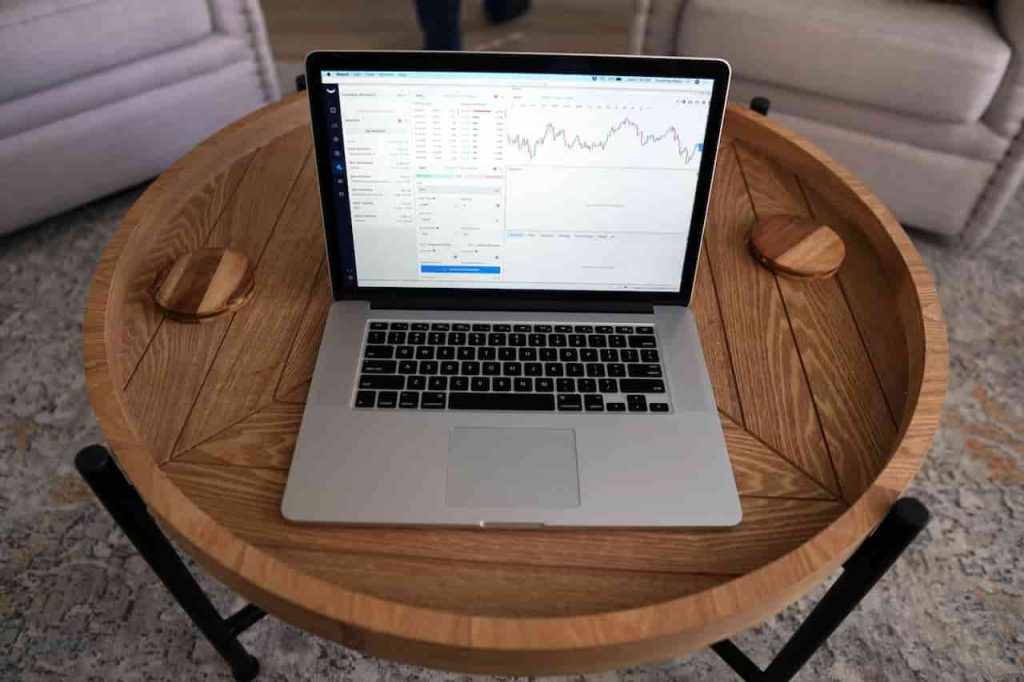
A brokerage account is one way to start investing in the stock market. Choosing the best product that takes into account a client’s individual needs, and then skillfully making the right financial transactions, can contribute to generating profits in the account. Simply setting up an investment account is easy and straightforward, and all paperwork can be done online. In addition, the investor can count on the support of a consultant of a specific brokerage house or office.
Choosing the right brokerage account is a subjective decision. Much depends on the needs and level of sophistication of the investor. It is also worth paying attention to the costs, associated with the use of the account.










